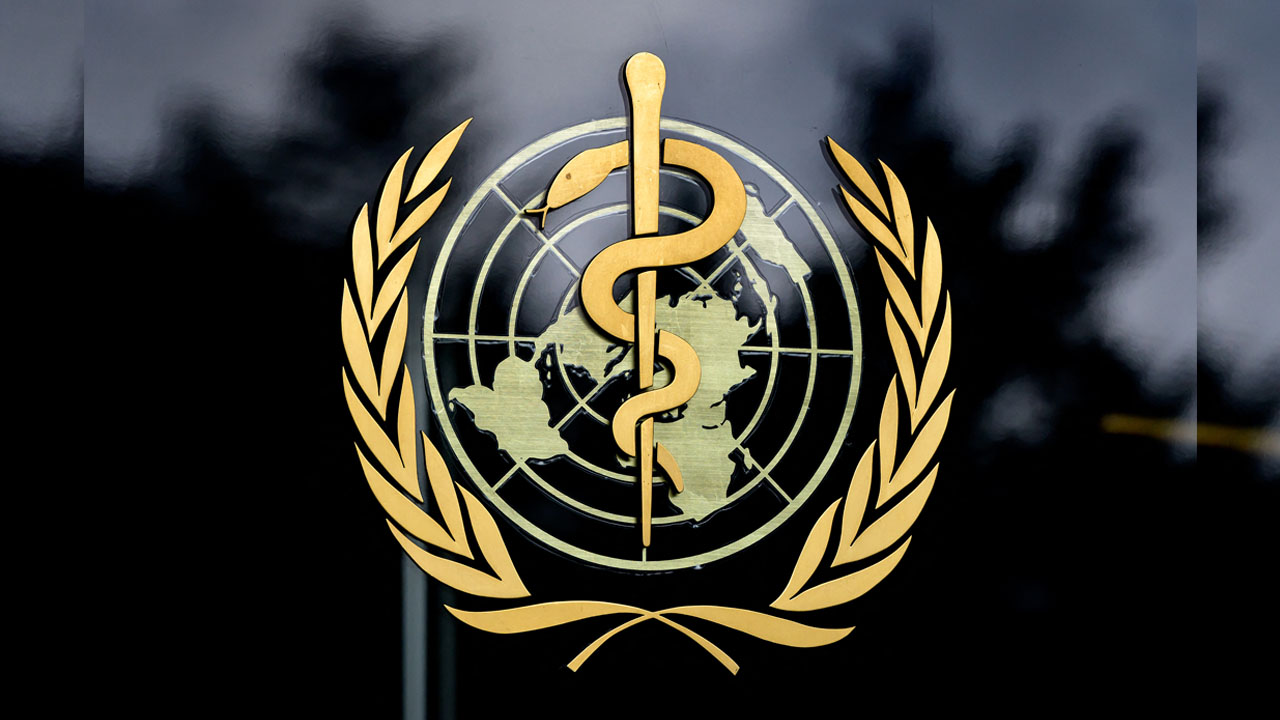
Enlists media support to accelerate the achievement of Universal Health Coverage
The World Health Organization (WHO) has stressed the need for the government to show political commitment to building a strong health system, based on primary care, with emphasis on disease prevention and health promotion as well as the best defence against outbreaks and other health emergencies.
The global health body urged the media as a critical partner to support efforts to accelerate the achievement of Universal Health Coverage (UHC) in the country.
It noted that more than half the world’s population lacks access to essential health services, and almost 100 million people are pushed into extreme poverty every year because of the costs of paying for care out of their own pockets.
WHO Country Representative in Nigeria, Dr Walter Mulombo made the call at a 3-day Conference on “Universal Health Coverage (UHC): How Can Nigeria Get it Right – the Role of the Media”, organized by the Association of Nigerian Health Journalists (ANHEJ) in collaboration with the Organization yesterday, called for diligent implementation of the National Health Insurance Authority Act (NHIA) Act aimed at making health insurance mandatory for all legal residents in Nigeria.
Mulombo lamented that Nigeria currently bears the highest burden of tuberculosis and paediatric HIV while accounting for 50% of neglected tropical diseases in Africa.
He noted that Non-communicable Diseases (NCDs) account for 29% of all deaths in Nigeria with premature mortality from the 4 main NCDs (Hypertension, Diabetes, Cancers, and Malnutrition) accounting for 22% of all deaths.
Mulombo observed that though the prevalence of malaria is declining (from 42% to 23%), the country contributes 27% of global cases and 24% of global deaths.
He stated that while the poorest households feel the heaviest impact of these inefficiencies and poor health outcomes as they have limited access to essential health services, the negative externalities pose huge losses to the Nigerian economy.
“Here in Nigeria, healthcare is financed predominantly by households, who pay for healthcare out of their pockets. With healthcare out-of-pocket expenditure at 70.5% of the Current Health Expenditure (CHE) in 2019, General Government Health Expenditure as a percentage of the GDP was 0.6%, while Government Expenditure per Capita was $14.6 compared with WHO’s $86 benchmark for universal health coverage (UHC). There is no single pathway to UHC. All countries must find their own way, in the context of their own social, political and economic circumstances. But the foundation everywhere must be a political commitment to building a strong health system, based on primary care, with an emphasis on disease prevention and health promotion. Such health systems do not only provide the best health outcomes; they are also the best defence against outbreaks and other health emergencies. In this sense, UHC and health security are truly two sides of the same coin”.
Mulombo who was represented by the WHO Field Presence Cluster Lead, Ahmed Khedr, observed that the National Health Act (NHAct) foundation for making UHC a reality, by guaranteeing a basic package of health services for all Nigerians while making available predictable financing through the Basic Healthcare Provision Fund.
” Just in May this year (2022) the President signed into law, the National Health Insurance Authority Bill, making health insurance mandatory for all legal residents in Nigeria, designating States the implementers of health insurance, and creating the Vulnerable Group Fund meant to cater for over 83 million poor and vulnerable citizens. What is most critical at this time is to ensure diligent implementation of these laws towards accelerating access to their well-intended dividends to the people”.
“Let me at this point most sincerely appreciate the government of Nigeria for consistently releasing its commitment of at least 1% of its consolidated revenue fund towards the Basic Healthcare Provision Fund (BHCPF). It is expected that the BHCPF if well implemented, would provide a great opportunity to turn political commitment into tangible gains, while rallying development partners and the private sector around revitalizing primary health care as the foundation of UHC.
Earlier, ANHEJ president Mr Hassan Zaggi decried the poor state of Primary Healthcare Facilities in the country.
He stressed the need for government at all levels to make the health of the citizens a priority and urged Lawmakers at both the federal, state and local government levels to ensure that they enact relevant laws that will support and improve the attainment of UHC through health insurance.
“In order to eliminate the out-of-pocket payment that makes access to quality and affordable healthcare services inequitable especially amongst the indigent and vulnerable groups, communities and associations must begin to adopt models that suit their enrolment in health insurance to enable them access health care services when the need arises without catastrophic expenditure”, he added.






